-
 bitcoin
bitcoin $87959.907984 USD
1.34% -
 ethereum
ethereum $2920.497338 USD
3.04% -
 tether
tether $0.999775 USD
0.00% -
 xrp
xrp $2.237324 USD
8.12% -
 bnb
bnb $860.243768 USD
0.90% -
 solana
solana $138.089498 USD
5.43% -
 usd-coin
usd-coin $0.999807 USD
0.01% -
 tron
tron $0.272801 USD
-1.53% -
 dogecoin
dogecoin $0.150904 USD
2.96% -
 cardano
cardano $0.421635 USD
1.97% -
 hyperliquid
hyperliquid $32.152445 USD
2.23% -
 bitcoin-cash
bitcoin-cash $533.301069 USD
-1.94% -
 chainlink
chainlink $12.953417 USD
2.68% -
 unus-sed-leo
unus-sed-leo $9.535951 USD
0.73% -
 zcash
zcash $521.483386 USD
-2.87%
How do I set up custom transaction fees on Coinbase?
Coinbase doesn't allow custom transaction fees; instead, users select from pre-set options (slow, average, fast) impacting speed and cost, dynamically adjusted based on network congestion and gas fees (for Ethereum).
Mar 06, 2025 at 11:06 am
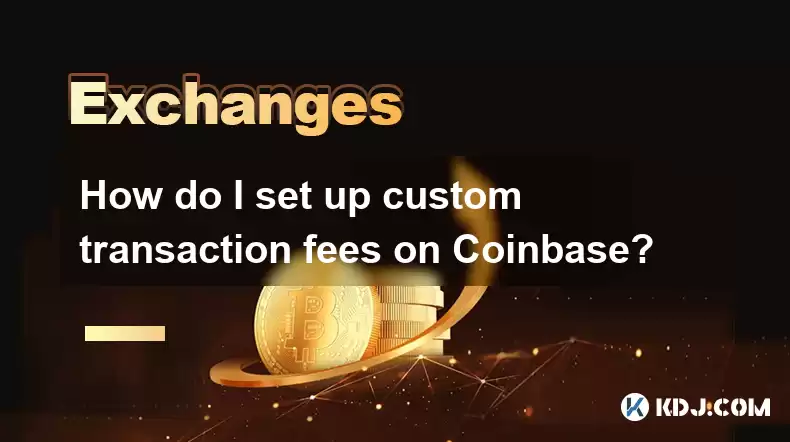
- Coinbase doesn't directly offer a setting to input a custom transaction fee in the traditional sense. Instead, you select from pre-defined fee options presented by Coinbase.
- The speed of your transaction is directly tied to the fee you choose. Higher fees generally result in faster confirmation times.
- Understanding gas fees (for Ethereum-based transactions) and network congestion is crucial for managing transaction costs.
- Coinbase's fee structure is dynamic and adjusts based on network conditions.
- While you can't input a precise custom fee, you can influence the cost indirectly by choosing different transaction speeds.
The question of setting "custom" transaction fees on Coinbase is a bit misleading. Coinbase doesn't allow users to manually input a specific fee amount like some other cryptocurrency exchanges or wallets might. Instead, Coinbase offers a selection of pre-set fee options that influence the transaction speed. These options reflect the network fees (gas fees for Ethereum and similar networks) necessary to prioritize your transaction. The platform automatically calculates these fees based on network congestion and demand.
Understanding Coinbase's Fee StructureCoinbase's fee structure is not static. The fees presented are dynamic and change based on the current network conditions. When you initiate a transaction, Coinbase analyzes the network's current state and presents you with several options. These options typically include "slow," "average," and "fast" (or similar labels). Each option corresponds to a different transaction fee, with faster options naturally incurring higher costs.
The Role of Network CongestionNetwork congestion plays a significant role in determining transaction fees. When the network is busy (many transactions are being processed), the fees required to ensure timely confirmation increase. Conversely, during periods of low activity, the fees are typically lower. This is especially true for networks like Ethereum, where gas fees fluctuate dramatically based on demand.
Gas Fees and Ethereum TransactionsFor transactions involving Ethereum or ERC-20 tokens, the fees are referred to as "gas fees." These fees compensate miners for processing your transaction. Higher gas fees incentivize miners to prioritize your transaction, leading to faster confirmation times. Coinbase automatically calculates the gas fee based on the network's current state and the chosen speed option. You cannot input a specific gas price, but choosing a higher speed option effectively increases the gas fee.
Choosing the Right Fee OptionThe "best" fee option depends on your priorities. If you need your transaction to be confirmed quickly, you'll choose a higher fee (faster option). If you're not in a hurry, a lower fee (slower option) will suffice. However, keep in mind that slower options could significantly delay the completion of your transaction, especially during periods of high network congestion.
Influencing Transaction Costs IndirectlyWhile you can't directly input a custom fee, you can influence the final cost by selecting different speed options. This effectively allows you to manage your transaction expenses, albeit within the pre-set ranges offered by Coinbase. Choosing the "slow" option might save you money, but it could prolong the confirmation process considerably. Choosing "fast" will accelerate the process but at a higher cost.
What happens if I choose the slowest option?Choosing the slowest option generally results in the lowest transaction fees. However, your transaction might take a considerable amount of time to be confirmed, potentially hours or even days depending on network congestion. This option is best suited for non-urgent transactions where minimizing costs is paramount.
What happens if I choose the fastest option?Selecting the fastest option guarantees a quicker confirmation time for your transaction. However, you'll pay a significantly higher fee. This is ideal for urgent transactions where speed is a priority, even if it means incurring higher costs. This is particularly relevant for time-sensitive activities like buying or selling during market volatility.
How are Coinbase's fees calculated?Coinbase's fees are dynamically calculated based on several factors. These include the network's current congestion level, the type of cryptocurrency being transacted, and the chosen transaction speed. The calculation is automated and transparent; you can always see the breakdown of the fee before confirming the transaction.
Can I negotiate transaction fees with Coinbase?No, you cannot negotiate transaction fees with Coinbase. The fees are automatically determined by the platform based on network conditions and your chosen speed preference. This system is designed to ensure efficient and timely transaction processing across the network.
Are there any hidden fees on Coinbase?Coinbase is transparent about its fee structure. The fees displayed before confirming a transaction are the only fees you will be charged. There are no hidden fees or unexpected charges. However, remember that network fees (like gas fees on Ethereum) are separate from Coinbase's fees and are included in the total transaction cost.
Why are transaction fees so high sometimes?High transaction fees are usually a result of network congestion. When many users are making transactions simultaneously, the demand for network resources increases, leading to higher fees to incentivize miners to prioritize transactions. This is especially noticeable on networks like Ethereum, known for its fluctuating gas fees.
Disclaimer:info@kdj.com
The information provided is not trading advice. kdj.com does not assume any responsibility for any investments made based on the information provided in this article. Cryptocurrencies are highly volatile and it is highly recommended that you invest with caution after thorough research!
If you believe that the content used on this website infringes your copyright, please contact us immediately (info@kdj.com) and we will delete it promptly.
- Trump's Northern Blast: How Canada Remarks Jolted WLFI Price and Shook Crypto Holders
- 2026-02-01 21:55:01
- LivLive Ignites Crypto Presale with Trillion-Dollar Ambitions: The Reality Layer Takes Center Stage
- 2026-02-01 21:50:02
- Buttcoin's Big Apple Buzz: Surging on Coinbase, Trending in the Crypto Wild West
- 2026-02-01 21:45:01
- Tokenization, Stablecoins, Remittances: The New York Minute for Global Finance
- 2026-02-01 19:20:01
- BlockDAG Poised for 100x Crypto Opportunity as Presale Enters Final Hours, Promising Massive Gains
- 2026-02-01 19:20:01
- Circle Charts Bold Course: Stablecoins to Reshape Global Finance by 2026
- 2026-02-01 19:25:01
Related knowledge
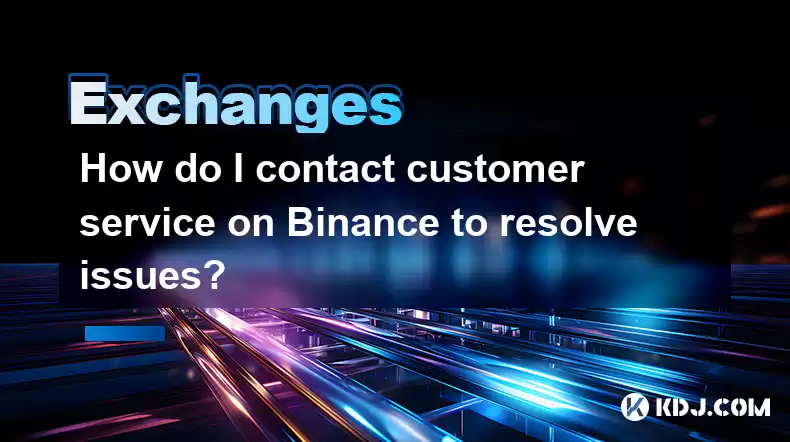
How do I contact customer service on Binance to resolve issues?
Mar 16,2025 at 04:30am
Key Points:Binance's customer service is primarily self-service, relying heavily on its help center and FAQs.Direct contact methods are limited, with ...
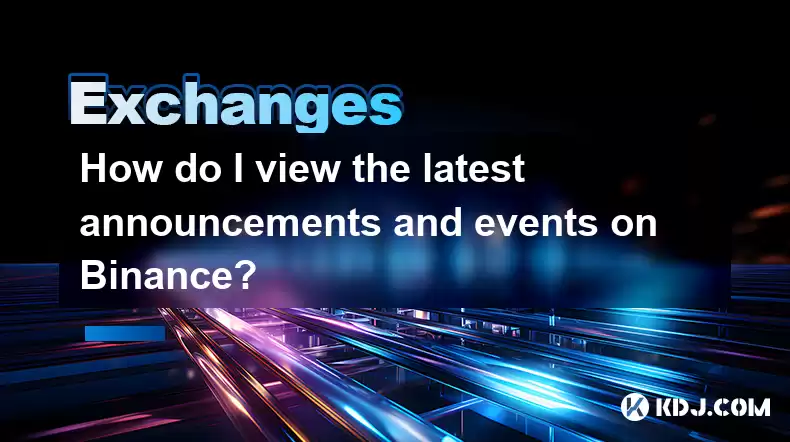
How do I view the latest announcements and events on Binance?
Mar 18,2025 at 10:18pm
Key Points:Binance utilizes multiple channels for disseminating announcements and events.The official Binance website is the primary source.Binance's ...
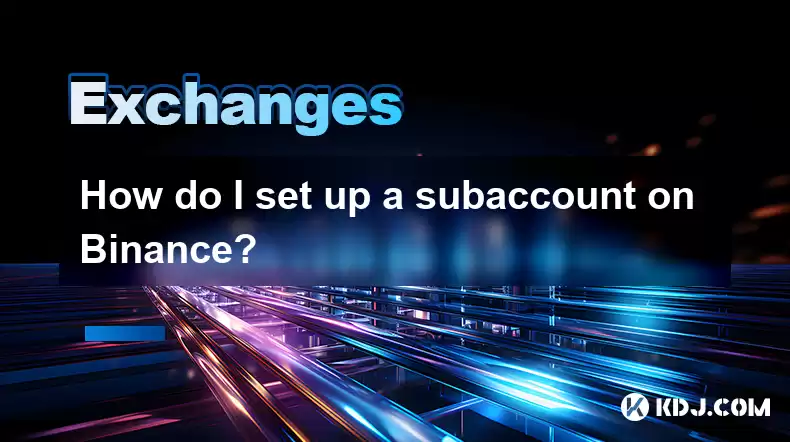
How do I set up a subaccount on Binance?
Mar 14,2025 at 01:50pm
Key Points:Binance does not offer traditional "subaccounts" in the sense of separate accounts with independent logins under a master account.Instead, ...
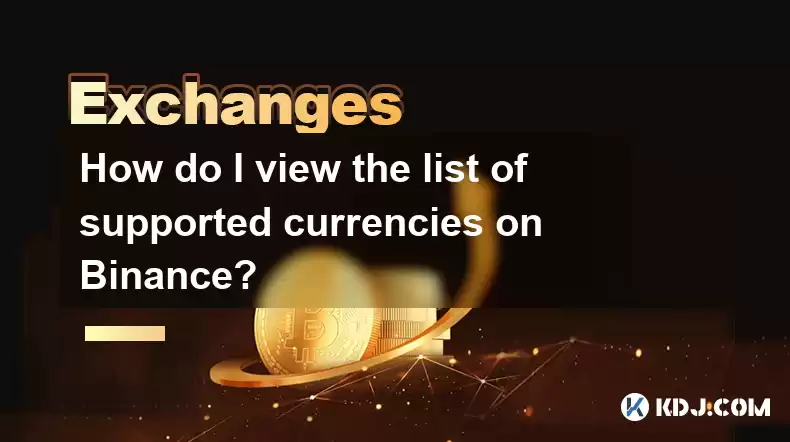
How do I view the list of supported currencies on Binance?
Mar 15,2025 at 05:35am
Key Points:Binance supports a vast and frequently updated list of cryptocurrencies. There's no single, static list.Finding supported currencies requir...
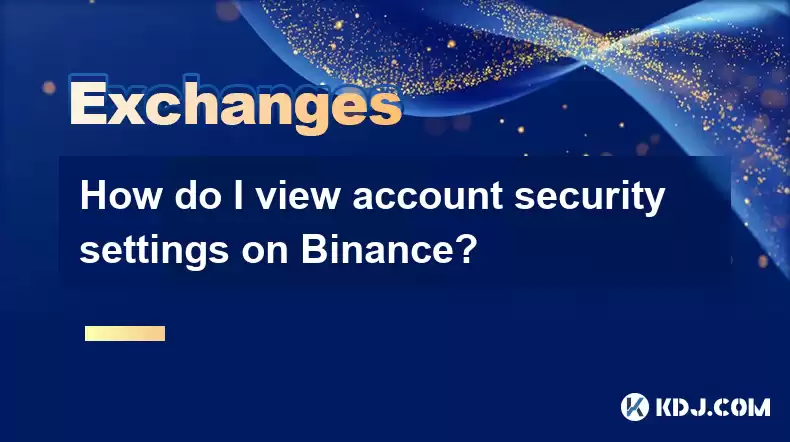
How do I view account security settings on Binance?
Mar 15,2025 at 08:40pm
Key Points:Binance's security settings are spread across multiple sections of your account. This article will guide you through each crucial area.Unde...
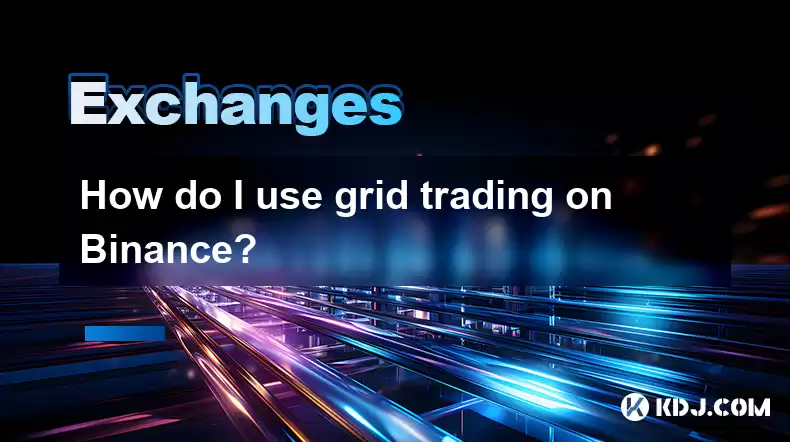
How do I use grid trading on Binance?
Mar 14,2025 at 04:25pm
Key Points:Grid trading on Binance involves automatically buying low and selling high within a defined price range.Binance offers a built-in grid trad...

How do I contact customer service on Binance to resolve issues?
Mar 16,2025 at 04:30am
Key Points:Binance's customer service is primarily self-service, relying heavily on its help center and FAQs.Direct contact methods are limited, with ...

How do I view the latest announcements and events on Binance?
Mar 18,2025 at 10:18pm
Key Points:Binance utilizes multiple channels for disseminating announcements and events.The official Binance website is the primary source.Binance's ...

How do I set up a subaccount on Binance?
Mar 14,2025 at 01:50pm
Key Points:Binance does not offer traditional "subaccounts" in the sense of separate accounts with independent logins under a master account.Instead, ...

How do I view the list of supported currencies on Binance?
Mar 15,2025 at 05:35am
Key Points:Binance supports a vast and frequently updated list of cryptocurrencies. There's no single, static list.Finding supported currencies requir...

How do I view account security settings on Binance?
Mar 15,2025 at 08:40pm
Key Points:Binance's security settings are spread across multiple sections of your account. This article will guide you through each crucial area.Unde...

How do I use grid trading on Binance?
Mar 14,2025 at 04:25pm
Key Points:Grid trading on Binance involves automatically buying low and selling high within a defined price range.Binance offers a built-in grid trad...
See all articles
























![[Audio stories] Streamer Became a Billionaire Overnight After Buying One Junk Coin [Audio stories] Streamer Became a Billionaire Overnight After Buying One Junk Coin](/uploads/2026/02/01/cryptocurrencies-news/videos/origin_697eaa9a495ed_image_500_375.webp)

















































